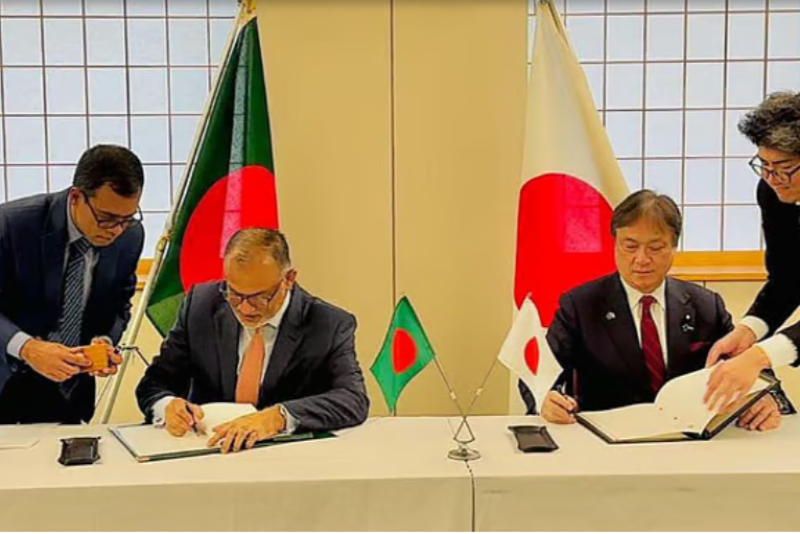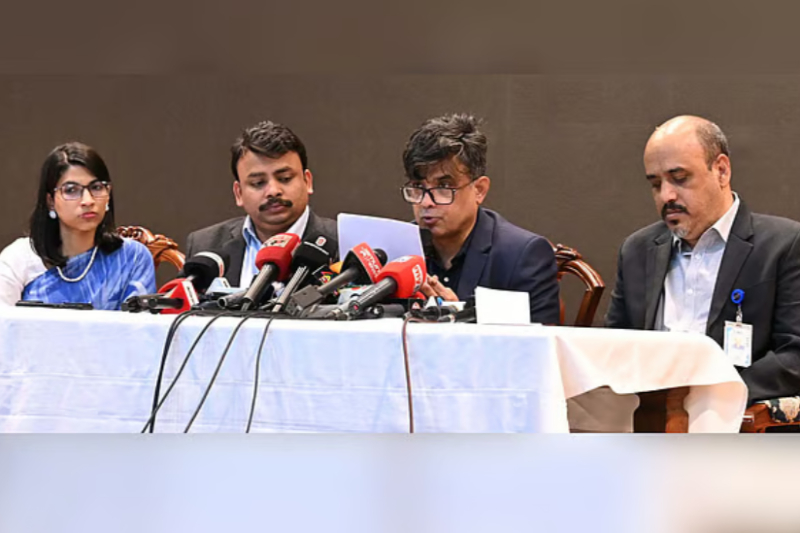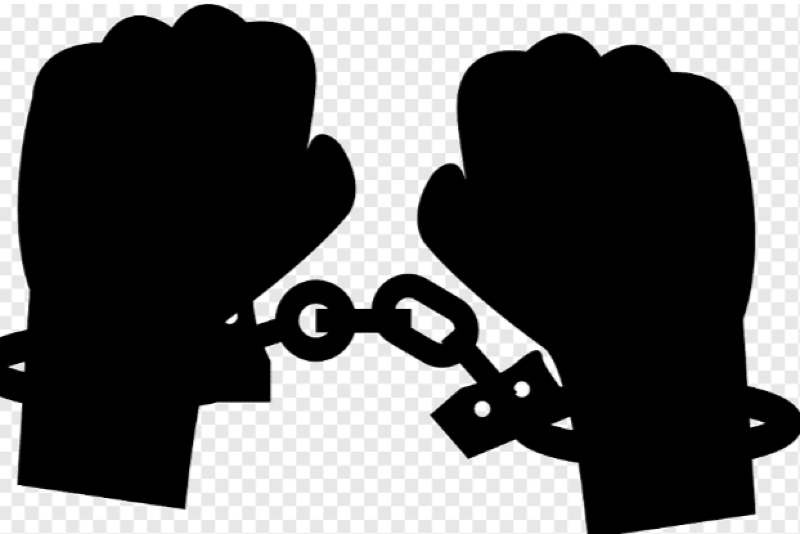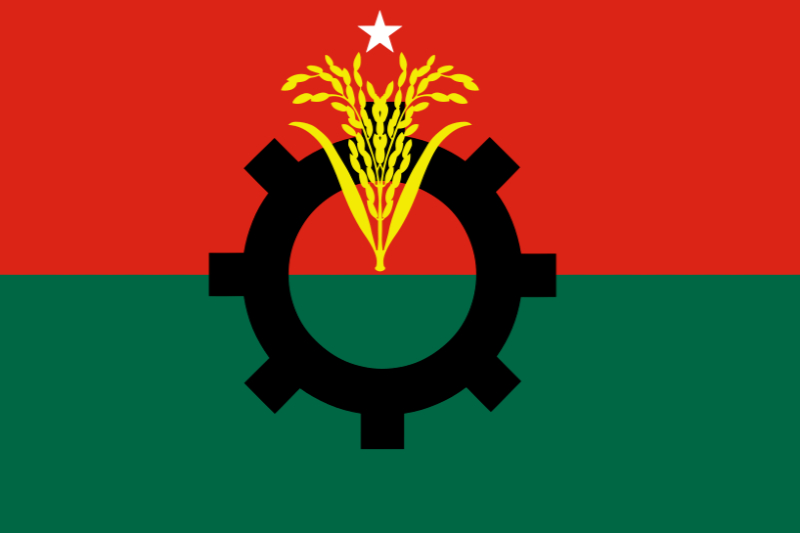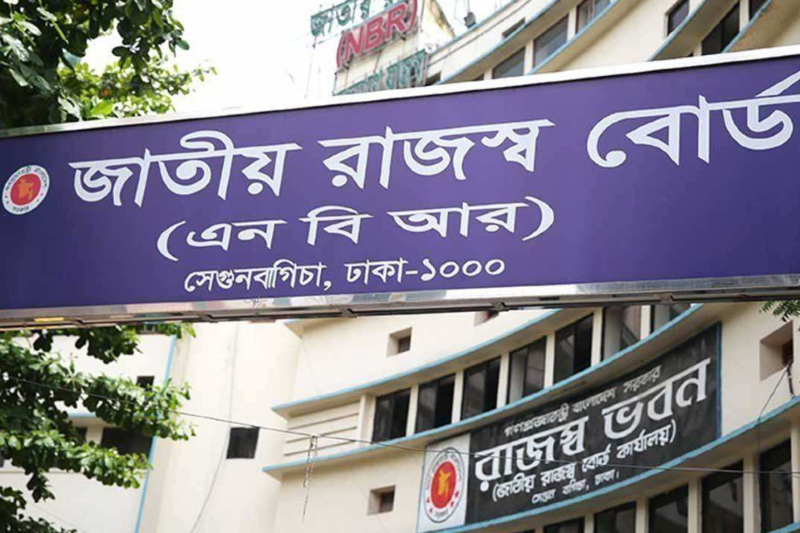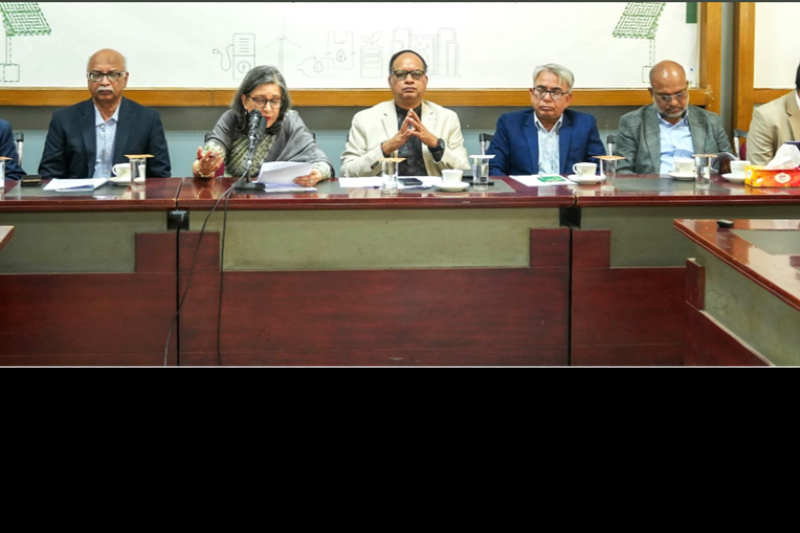Bangladesh Seeks Hasina, Kamal Extradition After Death Verdict; India Responds
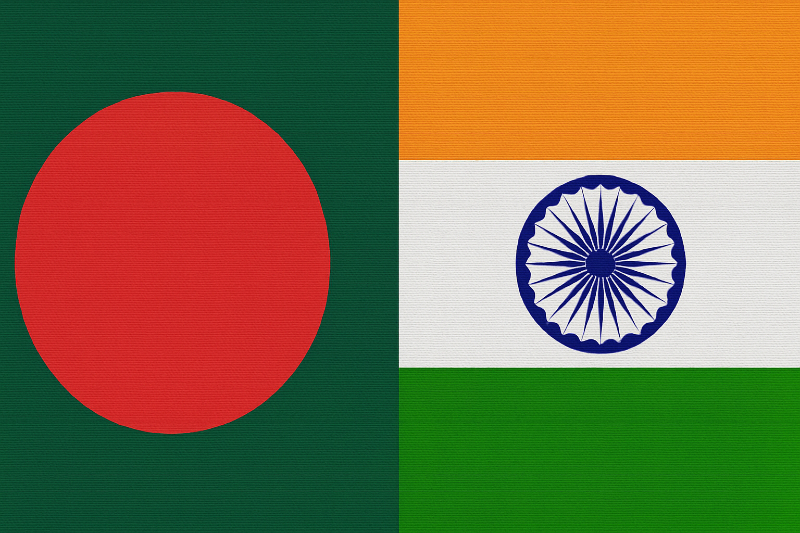
Bangladesh: Bangladesh on Monday formally requested India to extradite former Prime Minister Sheikh Hasina and former Interior Minister Asaduzzaman Khan Kamal, hours after the International Crimes Tribunal (ICT-BD) sentenced both to death in absentia for crimes against humanity linked to last year’s student uprising.
In a letter to New Delhi, Bangladesh’s foreign ministry invoked the bilateral extradition treaty, calling it India’s “obligatory responsibility” to hand over the two “fugitive accused.”
The statement warned that granting refuge to individuals convicted of crimes against humanity would constitute an “unfriendly act” and a disregard for justice.
The tribunal found Hasina, Khan and former police chief Chowdhury Abdullah Al-Mamun guilty on multiple counts for allegedly ordering and executing a violent crackdown against the July 2024 student protests, which the United Nations estimated left up to 1,400 people dead. Hasina has been living in exile in New Delhi since her ouster in August last year.
India’s Response
Reacting to the verdict, India said it had “noted” the tribunal’s decision and reaffirmed its commitment to the “best interests of the people of Bangladesh.”
The Ministry of External Affairs stated that India, as a close neighbour, would continue to engage “constructively with all stakeholders” to support peace, democracy, inclusion and stability in Bangladesh.
New Delhi did not comment directly on Dhaka’s latest extradition demand, though Bangladesh had previously made similar requests without receiving a formal response.
Meanwhile, Hasina dismissed the verdict as politically motivated, claiming she was tried by “a rigged tribunal” established by an unelected interim government.
She said she was prepared to face accusations in a “proper tribunal” where evidence could be fairly examined.



